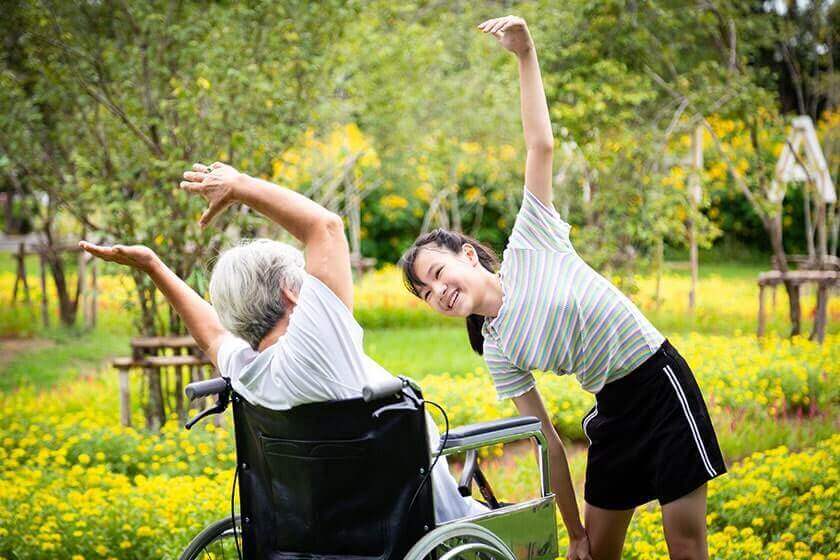As we age, certain bodily changes can often become a bit of a mystery, even elusive to many. Among these changes is a perplexing condition faced by numerous seniors severe itching. Understanding what causes severe itching in the elderly can help address symptoms, improving quality of life.
The primary reason for focusing on what causes severe itching in the elderly is the significant discomfort it can cause, often leading to sleepless nights and even exacerbating other health issues. It’s a multifaceted problem that invites speculation, yet solutions are within reach.

Understanding Aged Skin
The Nature of Elder Skin
Aging skin is prone to losing moisture, becoming thinner and more fragile. These changes affect its ability to protect against environmental stressors, leaving the skin vulnerable and sensitive to irritants.
Health Conditions and Itching
Common Health Issues
Elderly individuals often face underlying health conditions such as diabetes, kidney disease, or liver issues contributing to severe itching. Diseases like eczema or psoriasis may exacerbate the situation.
Psychological Influences
Stress and anxiety often aggravate itching in seniors. Keeping a relaxed mindset can significantly reduce the intensity of these symptoms.
Environmental Factors
Dry Air and Skin Moisture
Indoor heating during colder months can lead to a decrease in airborne moisture, resulting in dry skin. This dryness leads to irritation and intensifies scratching impulses.
Allergens and Irritants
Environmental allergens, such as pollen or dust, can seep into sagging skin, leading to intense itchiness. Protection against such irritants is crucial for comfort.
Prevention Strategies
Maintain Proper Hydration
Hydrating the body from within goes a long way in helping dry skin. Increasing fluid intake is a simple yet effective preventative measure. Consider incorporating more water-rich foods into your diet.
Use of Moisturizers
Applying a suitable moisturizer can help restore skin moisture. Opt for creams containing hydrating ingredients like glycerin or hyaluronic acid for the best results.
Topical Treatments
Over-the-counter Solutions
Antihistamines are often prescribed to curb severe itching. Creams with hydrocortisone can also provide relief.
Natural Remedies
Natural solutions such as oatmeal baths or the application of aloe vera gel can soothe skin and alleviate discomfort effectively.
Seek Professional Help
When to See a Doctor
If itching persists or if it interferes with daily life, it’s essential to consult a healthcare professional for a comprehensive check-up.
Specialist Interventions
Dermatologists may offer therapies like UV light or prescribe stronger medications to manage itching.
- Nail trimming tips for more comfortable living conditions.
- Hip surgery timing considerations as mobility can impact comfort levels.
- Kidney health to support overall skin health.
Significance of Grooming
Keeping Itch at Bay
Maintaining good personal hygiene and utilizing suitable grooming tools can reduce skin irritation risks.
Benefit of Regular Baths
Regular baths with proper skincare products aid in minimizing itching sensations. Ensure water temperature is moderate to prevent skin from drying out further.
- Caring for elders provides tips on overall elder well-being.

FAQs
Why do seniors experience more itching?
Aged skin tends to lose moisture and become thinner, making it easy for irritants to exacerbate itching.
Can diet influence skin conditions?
Yes, maintaining a balanced diet rich in vitamins and minerals can significantly impact skin health, reducing itching.
Is invoking home remedies beneficial?
Home remedies like oatmeal baths and the application of aloe vera can provide relief and soothe itchiness effectively.
This article contains affiliate links. We may earn a commission at no extra cost to you.

